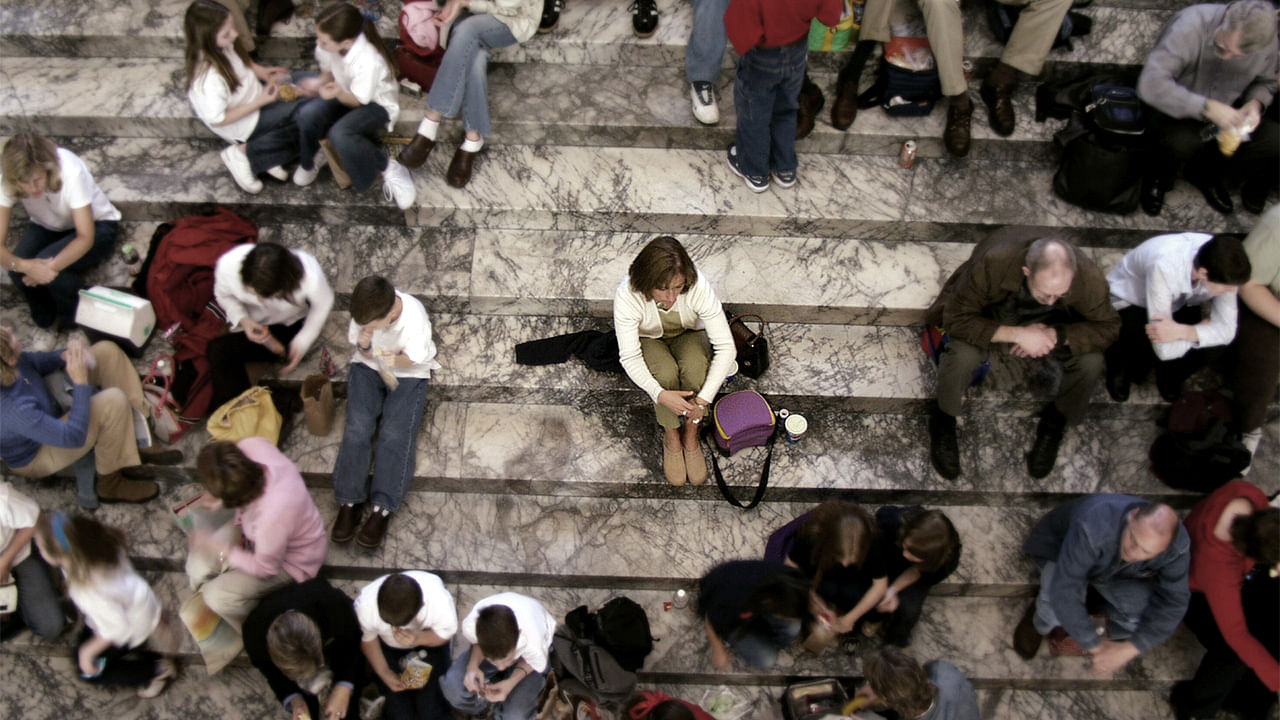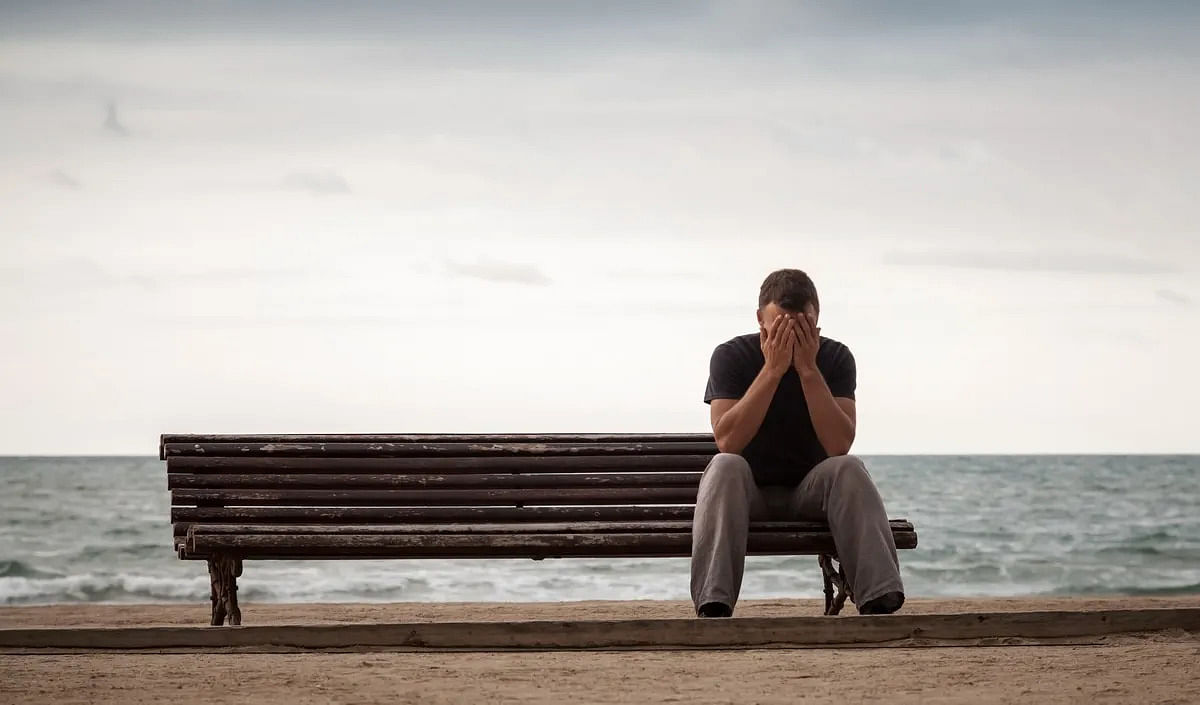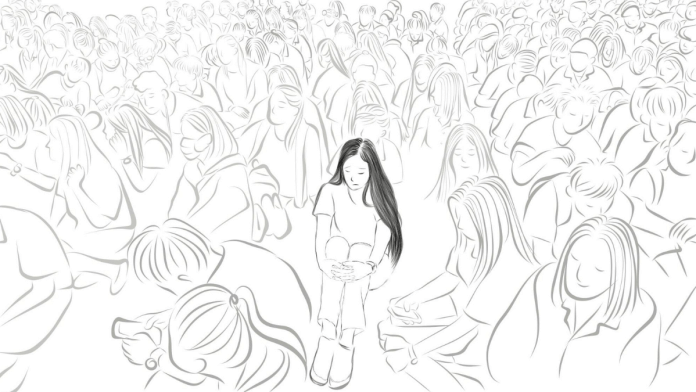Thank you dear subscribers, we are overwhelmed with your response.
Your Turn is a unique section from ThePrint featuring points of view from its subscribers. If you are a subscriber, have a point of view, please send it to us. If not, do subscribe here: https://theprint.in/subscribe/
Bangalore, the shimmering beacon of India’s tech revolution, has become synonymous with opportunity, innovation, and a cosmopolitan lifestyle. Yet, hidden beneath its gleaming facade is a quieter, darker story. An epidemic of loneliness that haunts the city’s fast-paced urban life. This paradox of connection without community, ambition without belonging, and growth without grounding lays bare the emotional toll of modernity in one of India’s most dynamic cities.
Cultural Pressures and Transient Belonging
Bangalore, a city of dreams and reinvention, draws young professionals, tech enthusiasts, and students from across the country. Its promise of career growth and personal freedom often revolves around individual milestones climbing the corporate ladder, financial success, and personal brand building. Yet, these ambitions, shaped by global narratives of success, often clash with India’s traditional communal values of familial bonds and neighborhood camaraderie.
This transient lifestyle, while empowering, leaves many struggling to forge meaningful connections. A Reddit user captured this sentiment: “There’s freedom in having your space, but the quiet becomes deafening.” Similarly, a 24 year old engineer earning ₹58 lakhs annually described feeling “overwhelmed and lonely,” despite financial stability. For many, the absence of traditional support systems like family nearby, childhood friends, or familiar neighbors creates an emotional void that even Bangalore’s vibrant lifestyle cannot fill.
The Numbers Tell a Grim Story
Data underscores the scale of Bangalore’s loneliness epidemic. A study by the Indian Institute of Human Development found that 37% of Bangaloreans reported feeling lonely most of the time, far exceeding the national average of 22%. Among those aged 18-24, nearly half admitted to persistent loneliness.
Such statistics, however, fail to capture the nuance of this issue. As one software engineer lamented, “Success feels hollow without someone to share it with. Bangalore is alive, but it’s also lonely.” This sentiment, repeated across social media and support forums, paints a poignant picture of isolation in a city teeming with opportunity.

The Pandemic and Its Aftermath
The COVID-19 pandemic exacerbated an already simmering crisis. Remote work, social distancing, and the closure of public spaces severed the fragile threads of human connection that many Bangaloreans relied upon.
A 32 year old member of a support group recounted: “I was perfectly okay being single, but the pandemic changed everything. The silence became unbearable.” Stories like hers highlight how physical distancing morphed into emotional disconnection, making loneliness an even more pervasive issue in the post pandemic world.
Understanding Loneliness
Experts categorize loneliness into three types. Situational, Developmental, and Internal. Situational loneliness arises from life changes, like moving for work or losing a social circle. Developmental loneliness occurs when personal growth feels out of sync with peers, while internal loneliness stems from personality traits such as shyness.
In Bangalore, these forms of loneliness often overlap, exacerbating the emotional toll of urban life. Chronic isolation, likened to smoking or obesity in its health impact, heightens risks of depression, cardiovascular disease, and even dementia.

Voices from the City
Support groups and mental health initiatives are emerging as lifelines for Bangaloreans battling loneliness. Clinical psychologist Dr. Nimesh George explains, “Loneliness is an intensely painful state,” noting that it affects even socially active individuals. His meetups offer a sense of belonging and provide solace to those navigating the emotional challenges of urban life.
Rebuilding Community Connections
Tackling Bangalore’s loneliness epidemic requires a blend of systemic, cultural, and individual actions. Urban planners can prioritize inclusive spaces like parks, community centers, and pedestrian friendly zones to foster spontaneous interactions. Workplaces can nurture camaraderie through team building and mental health programs.
Technology, often blamed for isolation, can serve as a tool for connection through apps that bring like minded individuals together. Grassroots initiatives like neighborhood groups, cultural festivals, and volunteer programs can help rebuild a sense of belonging. On an individual level, consistent engagement in gyms, social clubs, or hobby classes, along with small gestures like initiating conversations, can make a significant difference.

A Call for Reflection and Action
The loneliness epidemic in Bangalore is a microcosm of the larger challenges facing urban societies worldwide. It reflects not only the costs of rapid modernization but also the human need for connection amidst relentless progress.
Bangalore’s story is a reminder that success should not come at the expense of well being. By fostering a culture that values connection alongside ambition, the city has the potential to transform itself into a place where people truly thrive not just professionally, but personally.
In the end, the cure for loneliness lies in reclaiming the essence of community. It’s a task that demands introspection, collective effort, and a renewed commitment to the simple yet profound act of reaching out.
These pieces are being published as they have been received – they have not been edited/fact-checked by ThePrint.


